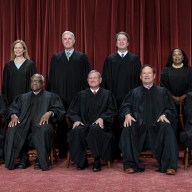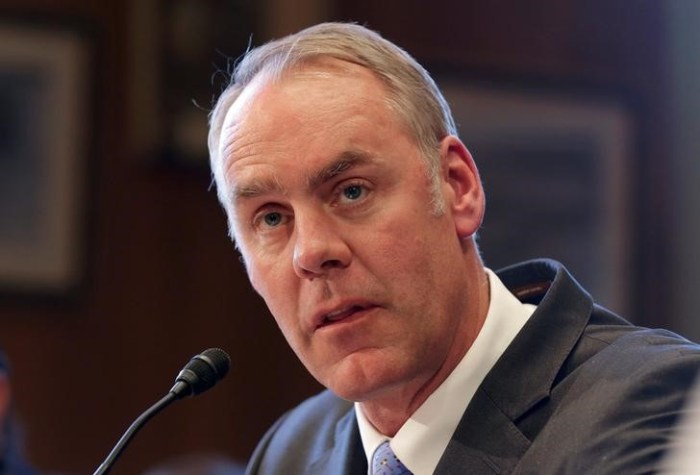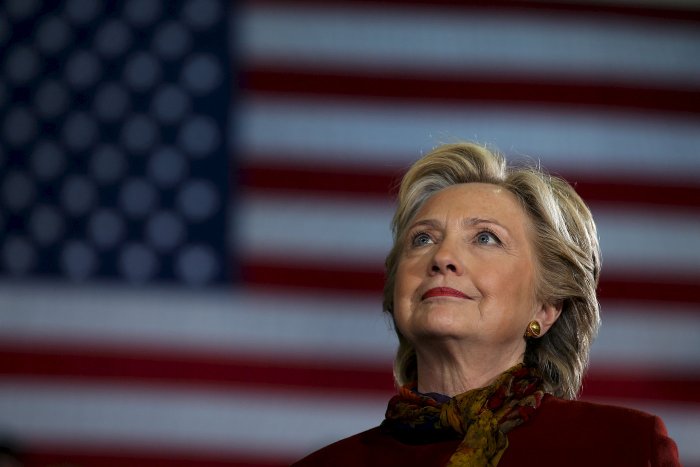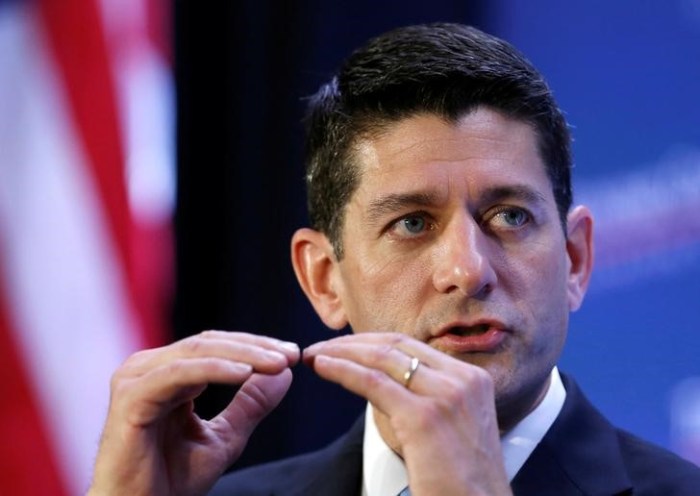By Susan Cornwell
WASHINGTON (Reuters) – Former House Speaker Newt Gingrich remembers the day 23 years ago when Hillary Clinton, notebook in hand, came to see him and other senior Republicans to talk about “Hillarycare.” It was early 1993. Clinton, on behalf of her husband, then-President Bill Clinton, was leading a healthcare reform drive that vaulted her onto the national stage.
Hillarycare would famously collapse after a fierce debate. In interviews with Reuters, some participants looked back on it as a crucible for the Democratic presidential front-runner that helped shape her approach to politics and governing. The experience, they said, may have tempered her ambitions for the capacity of government and made her more of an incrementalist.
“Back then, she seemed to have more of a taste for the big theory and the big plan,” said Republican activist and editor Bill Kristol, who wrote anti-Hillarycare strategy memos for Republicans in the 1990s. Kristol said that since then, Clinton, who is vying to face off against presumptive Republican presidential nominee Donald Trump in the Nov. 8 U.S. election, seems to have learned that “the appearance of a massive government imposition on the citizenry doesn’t go over well in America.” ‘WHATEVER SHE WANTED’
Clinton walked into the 1993 meeting with Gingrich and said she wanted to learn from him and other leaders who were already studying healthcare. He was then the Republican whip in the U.S. House of Representatives. She was the highly accomplished wife of the Democratic Party’s new superstar and a Yale-educated lawyer. Gingrich’s advice to her was simple: Do a series of small reforms year to year. Don’t do a comprehensive plan.
“You won’t be able to pass it,” Gingrich said he warned Clinton in the meeting, also attended by then-House Republican Leader Bob Michel and then-Representative Dennis Hastert.
“It will fall of its own weight … She listened to us carefully and promptly went off and did whatever she wanted to,” recalled Gingrich, now a political commentator often mentioned as a potential vice presidential running mate to Donald Trump. Later that year, the Clinton White House delivered an ambitious and complex, 1,342-page proposal for universal health insurance for all Americans. The first lady led the charge and testified in a series of lengthy congressional hearings. She wowed lawmakers with her energy and intelligence. But she could not convince enough of them to back the plan.
Conservatives and healthcare industry interests attacked it. One negative TV ad campaign paid for by health insurers memorably featured the fictional couple Harry and Louise.
In the end, Hillarycare failed, and never even received a floor vote in the House or Senate, although both chambers had Democratic majorities.
Aided by the backlash that followed against “big government” Democrats, the Republicans in 1994 won a majority in the House for the first time since the 1950s, and Gingrich became speaker in early 1995. Even Clinton supporters acknowledged that the size and scope of Hillarycare unsettled some Americans. “She has learned that excessive disruption in this country creates great angst. And also division,” said Chris Jennings, who was the first lady’s congressional liaison during the 1993-94 battle, and is now an informal adviser on healthcare to Clinton’s campaign. Reuters did not speak with Clinton for this story. But Clinton wrote in her 2003 autobiography “Living History” that “our most critical mistake was trying to do too much, too fast. That said, I still believe we were right to try.” Clinton has also pointed out that while she was still first lady, she rebounded from the Hillarycare setback by urging Democrats and Republicans to pass a health insurance program for children in low-income families. CAUTIOUS SENATOR
Clinton was elected in 2000 to the U.S. Senate, where she displayed bipartisanship and caution, said Jim Manley, who was a junior staffer for Senator Ted Kennedy in 1993-94 and later the spokesman for Senate Democratic Leader Harry Reid. “Once she got to the Senate, she was determined to work with Republicans,” Manley said. “The senator I saw was someone who was very cautious. She picked an issue and worked very hard to build consensus.” Now, having run unsuccessfully for president in 2008 and having served as secretary of state, Clinton is on course to take on Trump, a former reality television personality and luxury real estate developer. On the campaign trail she talks about building on President Barack Obama’s 2010 Affordable Care Act, which made health insurance more accessible to millions of Americans.
She favors a “public option,” or government-run plan, being added to the Affordable Care Act. She also has suggested allowing some working Americans to buy into the Medicare government health insurance system for the elderly. “What she (Clinton) doesn’t believe at this moment in time is that we can or should just start all over again” on healthcare, said Jennings, her former congressional liaison.
(Editing by Kevin Drawbaugh and Mary Milliken)
From ‘Hillarycare’ debacle in 1990s, Clinton emerged more cautious
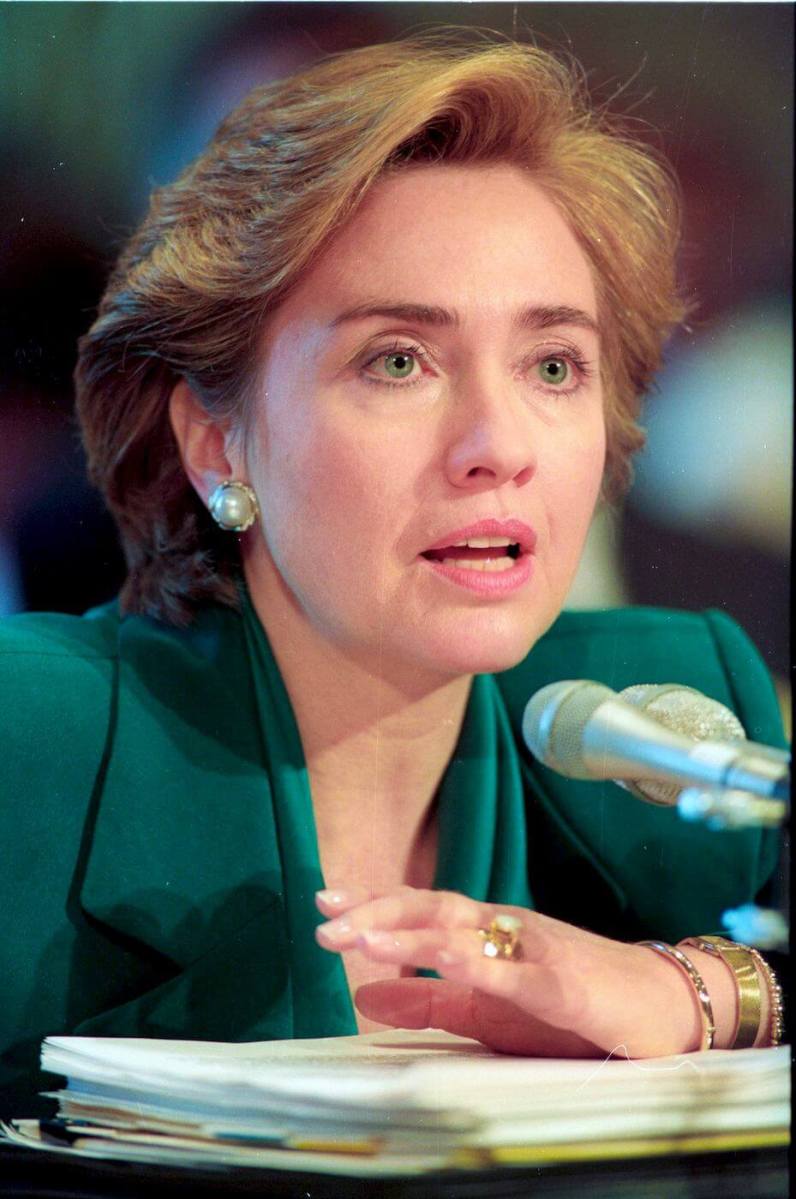
By Susan Cornwell










